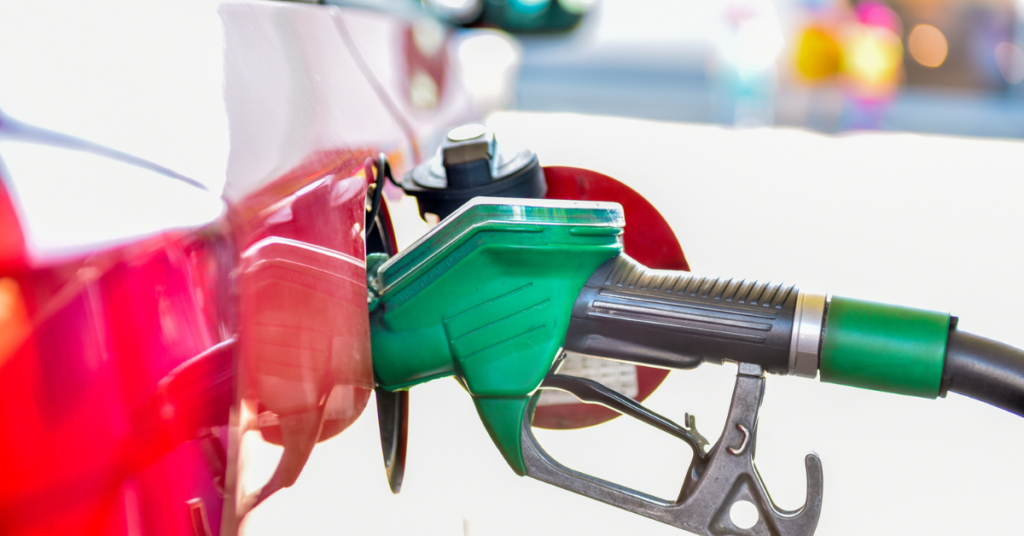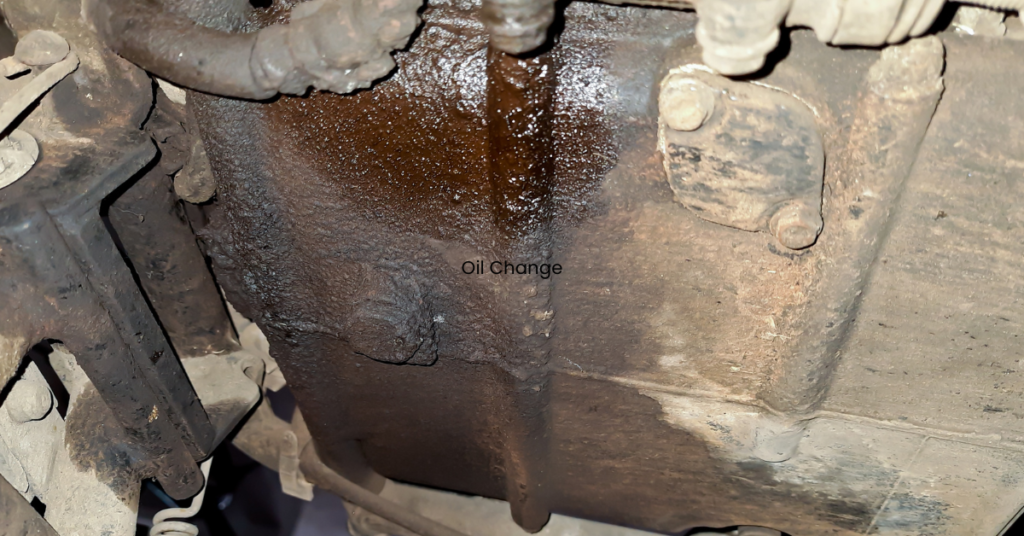
The P0306 Honda code in vehicles refers to a specific type of engine misfire that affects cylinder number six.
Engine misfires can be a concerning issue as they can lead to decreased performance, reduced fuel efficiency, and potential damage to the engine if left unaddressed.
In this article, we will discuss the possible causes of the P0306 code in Honda vehicles and explore the best methods for diagnosing and resolving this issue.
Contents
Understanding the P0306 Honda Code
The P0306 code is part of the OBD-II (On-Board Diagnostics) system, which monitors the performance of various components in the vehicle. When a misfire is detected in cylinder number six, the system triggers the P0306 code.
This code is specific to Honda vehicles and indicates that there is an issue with the ignition system or fuel delivery to cylinder number six.
A misfire occurs when the air-fuel mixture in the cylinder fails to ignite properly, resulting in an incomplete combustion process. This can be caused by a lack of spark or a fuel delivery problem.
In the case of the P0306 code, it specifically refers to cylinder number six, which means that the misfire is happening in that particular cylinder.
Potential Causes of the P0306 Code
Several factors can contribute to the occurrence of the P0306 code in Honda vehicles. Here are some possible causes to consider:
Ignition System Issues
Faulty ignition coils, spark plugs, or spark plug wires can lead to a misfire in cylinder number six. Over time, these components may deteriorate, resulting in weak spark or lack of spark altogether.
It is important to regularly inspect and replace these components as part of the vehicle’s maintenance routine.
Fuel Delivery Problems

Insufficient fuel supply or a malfunctioning fuel injector can cause cylinder number six to misfire. A clogged or dirty fuel injector may prevent proper fuel atomization, leading to an uneven air-fuel mixture.
Regularly cleaning or replacing the fuel injectors can help ensure proper fuel delivery.
Vacuum Leaks
Air leaks in the intake manifold or vacuum hoses can affect the air-fuel ratio and cause a misfire. These leaks can result from deteriorated hoses, loose fittings, or faulty gaskets.
It is essential to inspect the intake manifold and vacuum hoses for any signs of leakage and promptly repair or replace the affected components.
Compression Issues
Poor compression in cylinder number six can lead to a misfire. This can be caused by worn piston rings, damaged valves, or a blown head gasket. Low compression affects the combustion process and can trigger the P0306 code.
Performing a compression test can help identify any compression issues in the cylinder.
Engine Mechanical Problems
Any mechanical issues within the engine, such as a worn camshaft or crankshaft, can disrupt the proper functioning of the cylinder and result in a misfire.
These mechanical problems need to be diagnosed and repaired by a professional to ensure the engine operates smoothly.
Diagnosing the P0306 Code
To diagnose the cause of the P0306 code in your Honda vehicle, it is recommended to follow these steps:
Scan the Vehicle
Use an OBD-II scanner to retrieve the trouble codes stored in the vehicle’s computer system. The P0306 code will indicate which cylinder is misfiring. This information helps narrow down the potential causes of the issue.
Inspect Ignition Components
Check the ignition coils, spark plugs, and spark plug wires for signs of wear or damage. Replace any faulty components as necessary. It is crucial to ensure a strong and consistent spark for proper ignition.
Inspect the Fuel Delivery System
Inspect the fuel injectors for clogs or leaks. Consider cleaning or replacing the fuel injector if needed. Additionally, check the fuel pressure to ensure it meets the manufacturer’s specifications.
Proper fuel delivery is essential for optimal engine performance.
Check for Vacuum Leaks
Examine the intake manifold and vacuum hoses for any signs of leakage. Replace or repair any damaged components. Addressing vacuum leaks helps maintain the proper air-fuel ratio and eliminates potential misfires.
Perform a Compression Test
A compression test will help determine if there are any issues with the cylinder’s compression. Low compression values may indicate internal engine problems that need to be addressed.
Seeking professional assistance for a compression test is recommended.
Inspect Engine Mechanical Components
Thoroughly inspect the engine’s mechanical components for any signs of damage or wear. Seek professional assistance if necessary to diagnose and repair any complex mechanical issues. Proper functioning of the engine components is crucial for preventing misfires.
Resolving the P0306 Code
Once the root cause of the P0306 code has been identified, appropriate steps can be taken to resolve the issue. Here are some possible solutions that broaden your knowledge related to misfires in the cylinders of different vehicles.
Replace Ignition Components
If the problem lies in the ignition system, replace any faulty ignition coils, spark plugs, or spark plug wires to ensure a strong and consistent spark. This will improve the ignition process and reduce the likelihood of misfires.
Clean or Replace Fuel Injectors
If the fuel injectors are clogged or malfunctioning, consider cleaning or replacing them to ensure proper fuel delivery. Ensure the fuel pressure is within the manufacturer’s specifications. This will help maintain the correct air-fuel mixture for efficient combustion.
Repair Vacuum Leaks

Address any vacuum leaks by repairing or replacing the affected components. This will help maintain the proper air-fuel ratio and eliminate the misfire. Proper sealing of the intake manifold and vacuum hoses is crucial for optimal engine performance.
Address Compression Issues
If low compression is detected, consult a professional to diagnose and repair any internal engine problems that may be causing the misfire.
This may involve replacing worn piston rings, repairing damaged valves, or fixing a blown head gasket. Proper compression is essential for efficient combustion.
Resolve Engine Mechanical Problems
If mechanical issues are identified, such as a worn camshaft or crankshaft, seek professional assistance to perform the necessary repairs. Proper functioning of the engine’s mechanical components ensures smooth operation and reduces the risk of misfires.
It is important to remember that the P0306 code should not be ignored, as prolonged misfires can lead to more severe engine damage.
Regular vehicle maintenance, including timely replacement of ignition components and regular inspection of the engine system, can help prevent the occurrence of the P0306 code and ensure optimal engine performance.
FAQ
Q: What does the P0306 code indicate in Honda vehicles?
The P0306 code in Honda vehicles indicates a specific type of engine misfire that affects cylinder number six.
Q: What are the potential causes of the P0306 code?
The potential causes of the P0306 code include ignition system issues, fuel delivery problems, vacuum leaks, compression issues, and engine mechanical problems.
Q: How can I diagnose the P0306 code in my Honda vehicle?
To diagnose the P0306 code, you can scan the vehicle using an OBD-II scanner, inspect ignition components, check the fuel delivery system, look for vacuum leaks, perform a compression test, and inspect engine mechanical components.
Q: How can I resolve the P0306 code in my Honda vehicle?
To resolve the P0306 code, you can replace faulty ignition components, clean or replace fuel injectors, repair vacuum leaks, address compression issues, and resolve engine mechanical problems.



